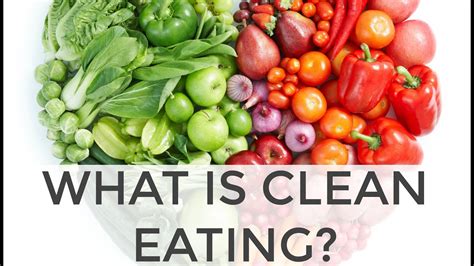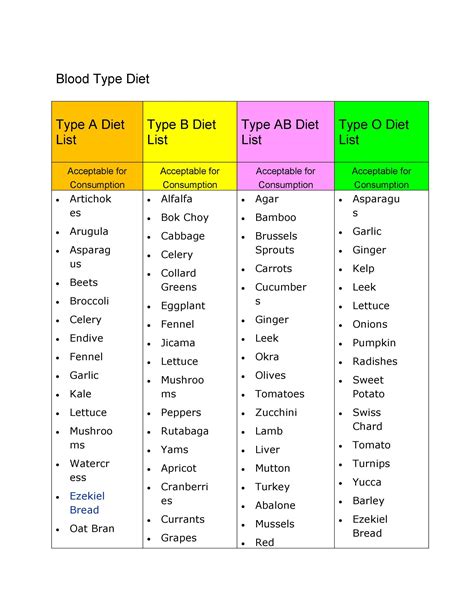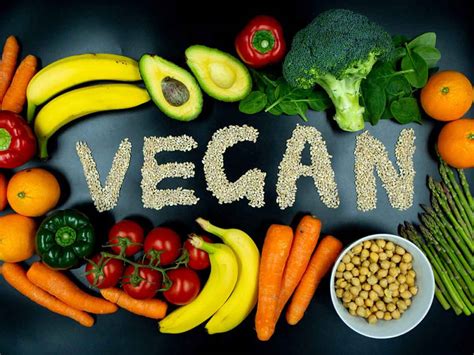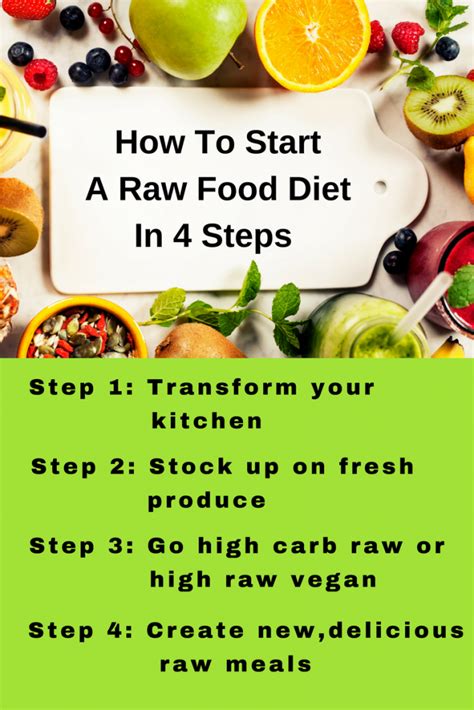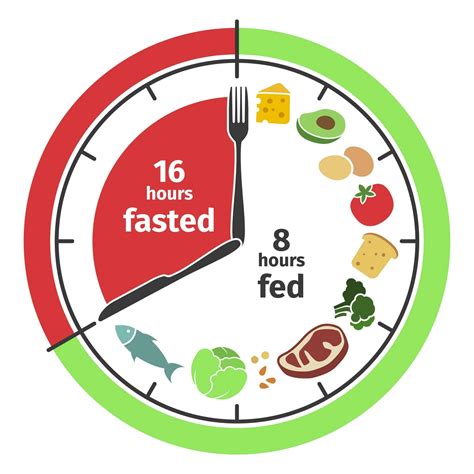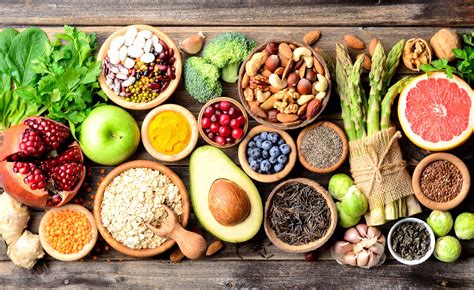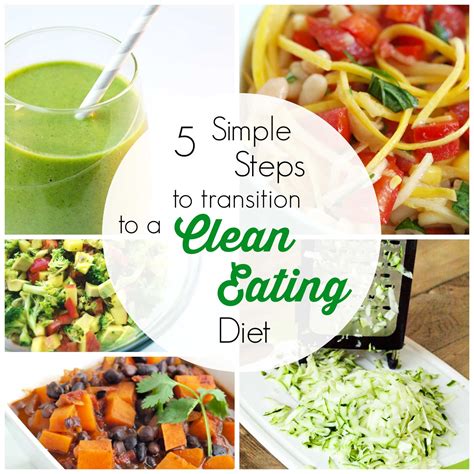Discover the principles and benefits of the Eat-Clean Diet, learn about the foods to eat, and get started with thi
Introduction to Eat-Clean Diet
Contents
The Eat-Clean Diet is a lifestyle based on the concept of eating whole, unprocessed foods, and eliminating processed and refined foods from your diet. The main principle of the Eat-Clean Diet is to consume foods in their most natural state, without added chemicals, preservatives, or artificial ingredients. This approach to eating emphasizes the importance of choosing foods that are nutrient-dense, and that provide the body with essential vitamins, minerals, and antioxidants.
Following an Eat-Clean Diet involves making a commitment to eating foods that are close to their natural state and avoiding processed and refined foods that are high in additives and unhealthy fats. This may involve meal planning, grocery shopping, and preparing meals at home to ensure that the foods you eat are clean and wholesome. The goal of the Eat-Clean Diet is to promote overall health and well-being by nourishing the body with high-quality, whole foods.
By adopting the principles of the Eat-Clean Diet, individuals can experience a wide range of health benefits, including increased energy levels, improved digestion, weight management, and a reduced risk of chronic diseases. This approach to eating can also help to support a healthy immune system and promote a strong and resilient body.
When embarking on the journey of the Eat-Clean Diet, it is important to be mindful of the types of foods that you are consuming and to pay attention to how these foods make you feel. By tuning into your body’s cues and making conscious food choices, you can create a sustainable and nourishing diet that supports your health and well-being.
Principles of Eat-Clean Diet
Principles of Eat-Clean Diet
Principles of Eat-Clean Diet
Eat-Clean Diet is based on the simple concept of eating whole, natural foods that are as close to their natural state as possible. This means cutting out processed and refined foods and focusing on foods that are packed with nutrients. The Eat-Clean Diet emphasizes the importance of consuming lean protein, complex carbohydrates, and healthy fats to fuel the body and support overall health.
One of the key principles of the Eat-Clean Diet is to eat frequent, small meals throughout the day to keep energy levels steady and avoid binging on unhealthy foods. This approach helps to maintain a steady metabolism and prevents large fluctuations in blood sugar levels.
The Eat-Clean Diet also promotes the idea of drinking plenty of water and staying well-hydrated throughout the day. Hydration is essential for overall health and can also help to curb cravings and prevent overeating.
Another important principle of the Eat-Clean Diet is to focus on portion control and mindful eating. This means paying attention to hunger and fullness cues, eating slowly, and savoring each bite. By being more mindful of our eating habits, we can avoid overeating and better tune into our body’s natural hunger signals.
In addition, the Eat-Clean Diet encourages individuals to be mindful of the sources of their food, choosing organic and locally-sourced options whenever possible. This helps to support sustainable farming practices and reduce exposure to potentially harmful pesticides and chemicals.
Benefits of Eat-Clean Diet
The Eat-Clean Diet is a lifestyle approach to eating that emphasizes consuming whole and natural foods while avoiding processed and refined products. By following this diet, individuals can experience a range of health benefits that can positively impact their overall well-being. One of the key advantages of the Eat-Clean Diet is the potential for weight management. Since the diet focuses on nutritious and low-calorie foods, it can help individuals maintain a healthy weight or achieve their weight loss goals.
In addition to weight management, the Eat-Clean Diet can also contribute to improved energy levels. By consuming nutrient-dense foods, individuals can experience sustained energy throughout the day, without the crashes associated with sugary and processed foods. Moreover, the diet is known for its anti-inflammatory properties, which can decrease the risk of chronic diseases and promote overall health and vitality.
Furthermore, the emphasis on natural and wholesome foods can lead to improved digestion. The high fiber content in fruits, vegetables, and whole grains can support a healthy digestive system, reducing the risk of digestive issues such as constipation and bloating. Additionally, the Eat-Clean Diet can also enhance mental clarity and focus due to the elimination of processed foods and artificial additives that may impair cognitive function. By consuming nutrient-rich foods, individuals can experience improved brain function and mental well-being.
Overall, the Benefits of Eat-Clean Diet are vast and impactful. From weight management to increased energy levels and improved overall health, individuals can experience a profound transformation by adopting this approach to eating. By prioritizing whole and natural foods, individuals can optimize their well-being and live a vibrant and healthy life.
Foods to Eat on Eat-Clean Diet
When following the Eat-Clean Diet, it is important to focus on consuming whole and unprocessed foods. This means that the majority of your diet should consist of lean proteins, complex carbohydrates, and healthy fats. Some examples of foods to eat on the Eat-Clean Diet include:
1. Lean Proteins: Incorporate sources of lean protein such as chicken, turkey, fish, eggs, and tofu into your meals. These options are low in saturated fats and provide essential amino acids for muscle repair and growth.
2. Complex Carbohydrates: Choose complex carbohydrates like quinoa, brown rice, sweet potatoes, and whole grains for sustained energy release. These foods are high in fiber, vitamins, and minerals, and can help keep you feeling full and satisfied.
3. Healthy Fats: Include sources of healthy fats such as avocados, nuts, seeds, and olive oil in your diet. These fats are vital for brain function, hormone production, and overall health.
4. Fruits and Vegetables: Make sure to incorporate a variety of colorful fruits and vegetables into your meals. These foods are rich in vitamins, minerals, and antioxidants, and can help support a strong immune system and overall wellbeing.
Getting Started with Eat-Clean Diet
So you’ve decided to embark on a journey to a healthier lifestyle by starting the Eat-Clean Diet. Congratulations on taking this important step towards improving your overall well-being!
Before diving in, it’s crucial to understand the principles of the Eat-Clean Diet. The primary focus of this diet is to consume whole, natural foods in their most natural state, while avoiding processed and refined products. This means opting for fresh fruits, vegetables, lean proteins, and whole grains.
One of the key benefits of the Eat-Clean Diet is that it can help you lose weight and improve energy levels over time. By choosing nutrient-dense foods, you’ll be providing your body with the essential vitamins and minerals it needs to function at its best.
So, what are the foods you can eat on the Eat-Clean Diet? Think of colorful salads, lean meats, whole grains, and plenty of water. These foods will not only fuel your body but also keep you feeling satisfied and energized throughout the day.
Now that you have some insight into the basics of the Eat-Clean Diet, it’s time to get started. Take inventory of your current pantry and fridge, and begin by replacing any processed or unhealthy items with whole, natural alternatives. Planning out your meals and snacks in advance can also be incredibly helpful as you transition into this new way of eating.

